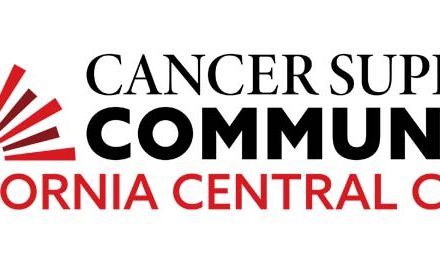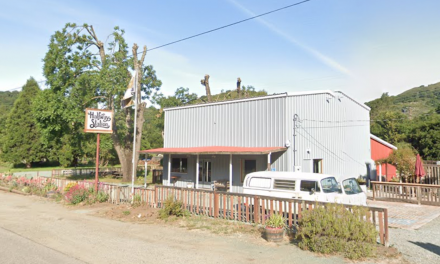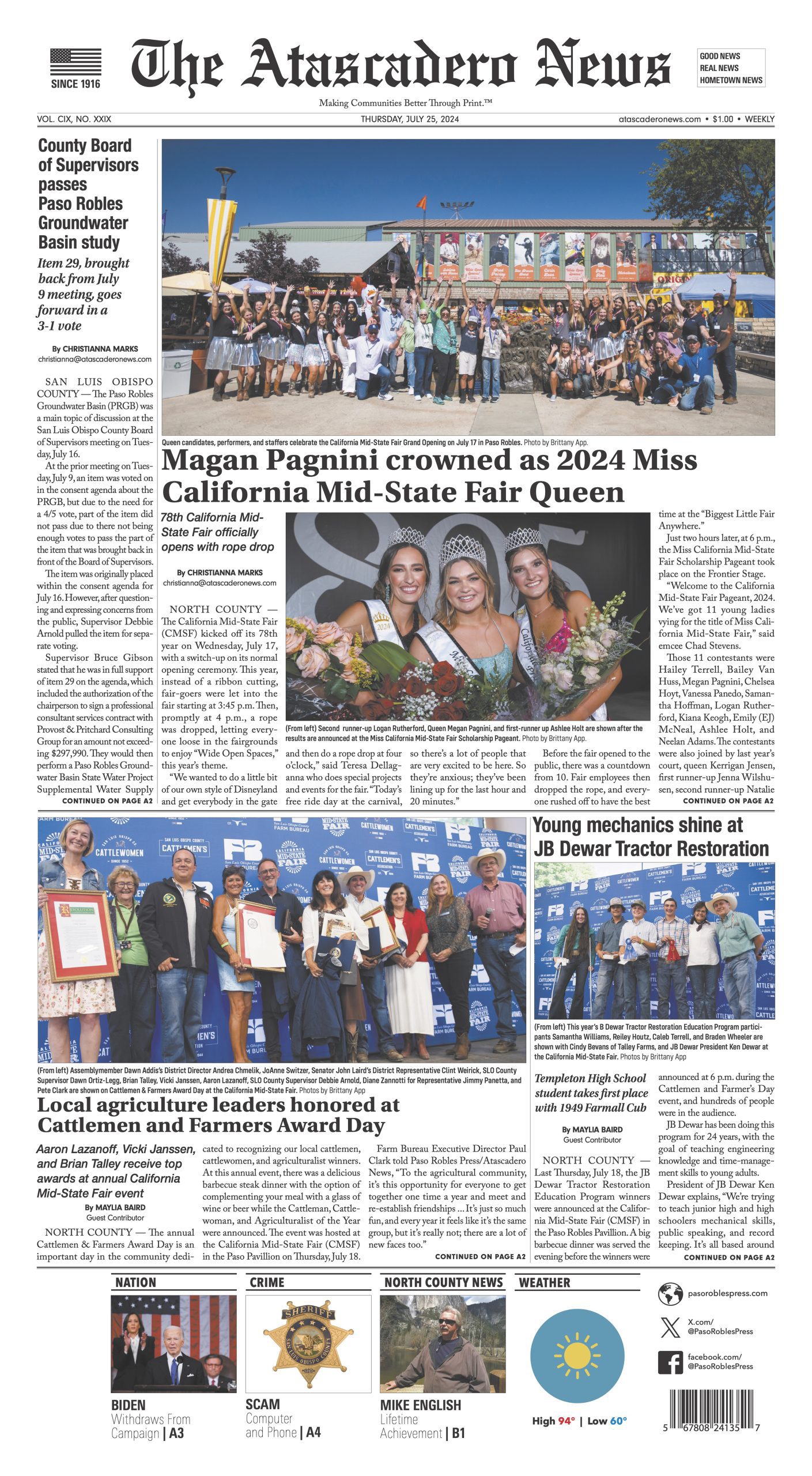Rep. Salud Carbajal traveled back to Washington and voted today to pass the bipartisan Paycheck Protection Program and Health Care Enhancement Act (H.R. 266), a coronavirus relief bill that puts hundreds of billions into additional small business relief, hospital and health center aid, and enhanced national testing. The bill is now headed to the president’s desk to be signed into law.
“This bipartisan bill will bring necessary relief to small businesses, hospitals and frontline workers in our communities. I’m proud that congressional Democrats fought to include small business disaster funding, robust testing, and more protection and equipment for frontline workers in this bill,” said Rep. Salud Carbajal. “I look forward to the president signing this into law, and I’m ready to keep working in a bipartisan way to bring more relief to our local governments as we push to slow the spread, increase health resources and safely re-open our economy.”
Thanks to the work of congressional Democrats, this bill includes funding for the Economic Injury Disaster Loan (EIDL) program—a small business safety net whose funding was depleted—as well as much-needed money for hospitals, testing and protective equipment. Through extensive negotiations, the legislators were also able to get the Trump administration to agree to the creation of a national strategic testing policy that will focus on increasing domestic testing capacity, including testing supplies.
Background on the Paycheck Protection Program and Health Care Enhancement Act (H.R. 266):
- Adds $310 billion to the Small Business Administration’s Paycheck Protection Program (PPP) and sets aside billions in funding specifically for small and medium banks and community lenders to ensure that those who need the funding receive it.
- Includes $50 billion for Economic Injury Disaster Loan (EIDL) funding for small businesses. This infusion of money will allow for more than $350 billion in disaster loans for small businesses. On top of that, this bill provides an additional $10 billion in disaster grants. Small farms and ranches are now included in this crucial assistance program.
- Allots $75 billion to add assistance and resources to health centers and hospitals working on the frontlines of this crisis, including more personal protective equipment (PPE) for frontline workers.
- Dedicates $25 billion to increased testing and contact tracing to stop the spread of the virus and set us on a path to safely reopen the economy. The administration has also agreed to creating a national testing plan that will focus on increasing the nation’s capacity to test and ensuring enough testing supplies














